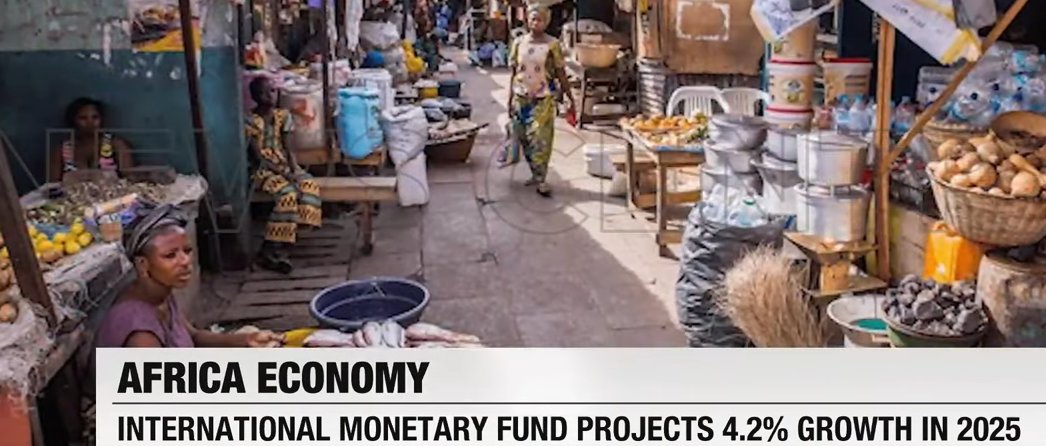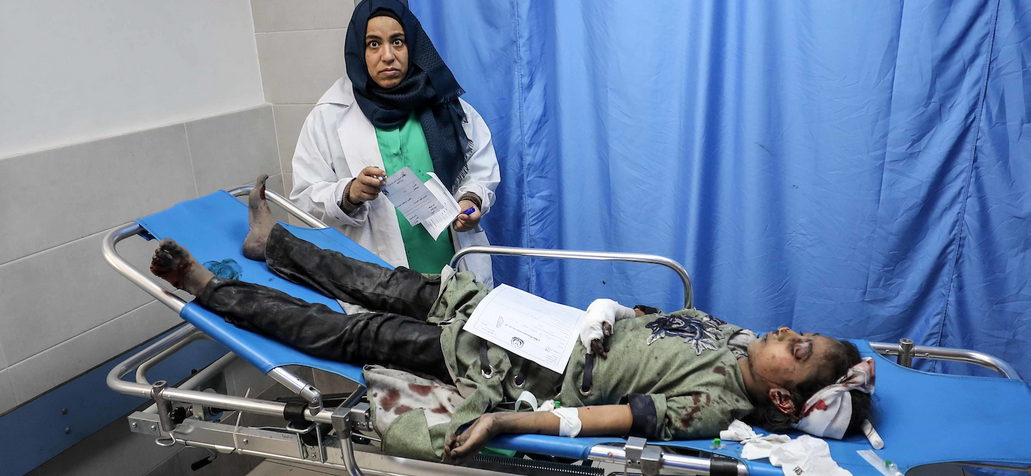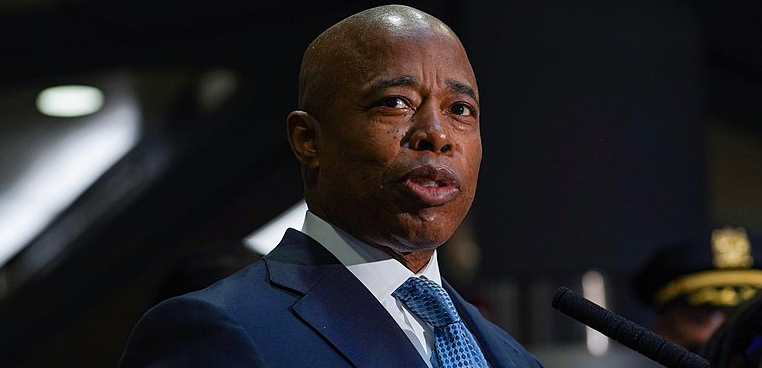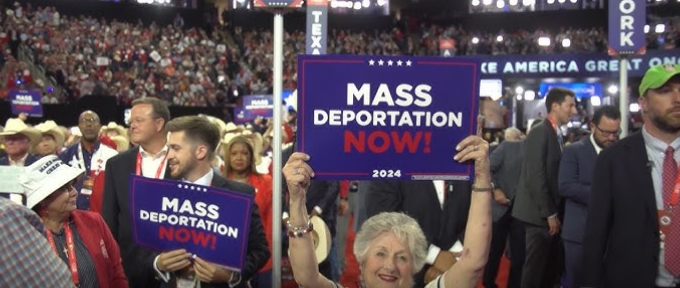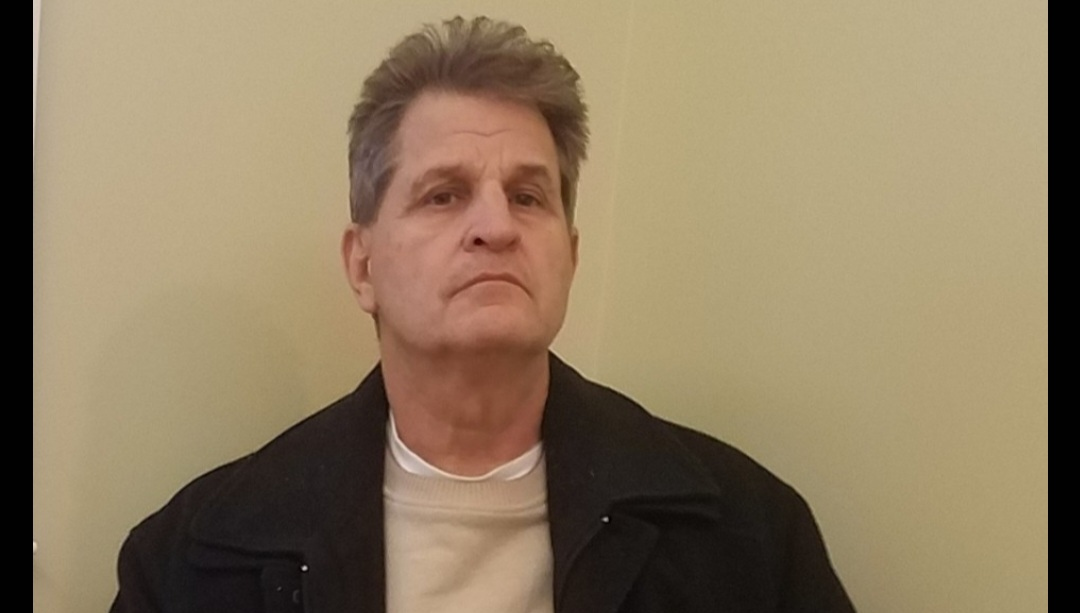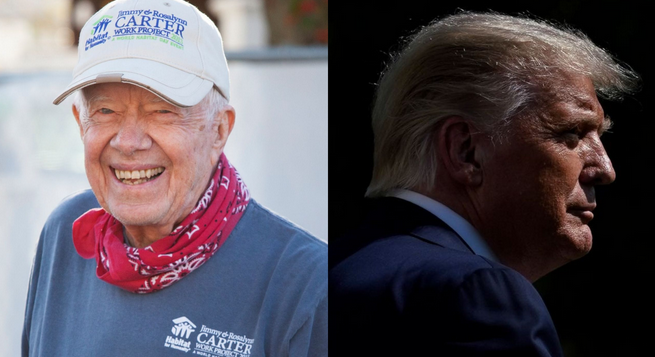How is this justifiable in any war?
Boko Haram And The Grotesque Global War On Women
Dr. Martin Luther King, Jr. once observed: “Injustice anywhere is a threat to justice everywhere. We are caught in an inescapable network of mutuality, tied in a single garment of destiny. Whatever affects one directly, affects all indirectly.”
A real war on women, marked by murder, rape and slavery is raging in too many parts of the world. In fact and unfortunately, human trafficking is now thought to be among the fastest-growing illegal enterprises globally. The latest and most grotesque example is the April 14 kidnapping of more than 200 girls from their Nigerian school by a terrorist group known as Boko Haram.
The group violently opposes any activity associated with Western society and for the past several years has been waging a bloody campaign to prevent the education of Nigeria’s girls. Yet, I have been asked by several people in the past few weeks why we should continue to care about events happening so far from our borders. The answer is simple: we cannot ignore the fact that attitudes that deny, question or compromise the value of women anywhere are harmful to women everywhere – no matter where they occur.
In many parts of the world and some cultures, outdated, patriarchal and inhumane ideas such as forced marriages, sanctioned wife beatings and even female genital mutilations continue to keep women subservient and from contributing to society and achieving their full potential.
Preventing girls from getting an education is also another unacceptable tactic used to continually oppress women around the world. As First Lady Michelle Obama pointed out in the White House weekly address in honor of Mother’s Day, “more than 65 million girls worldwide are not in school.”
In his Sunday New York Times column on May 11, Nicholas Kristof asked, “What’s So Scary About Smart Girls?” Simply put, nothing threatens oppressive, male-dominated societies more than educated girls who are likely to have fewer children, become productive workers and boost their economies. As Kristof puts it, “The greatest threat to extremism isn’t drones firing missiles, but girls reading books.”
In addition to the issue of education for girls, this latest tragedy in Nigeria also highlights the deplorable crime of human trafficking – not just around the world, but also here at home. The National Human Trafficking Resource Center (NHTRC) reports that from 2008-2012, it received more than 65,000 calls to its hotline and received reports of more than 9,000 unique cases of human trafficking.
Of these, 41 percent of sex trafficking cases referenced U.S. citizens as victims, and women were referenced as victims in 85 percent of sex trafficking cases. As distressing as these numbers are, they still do not represent the entirety of the problem because this data is based on reported incidents only.
According to NHTRC, with an estimated 100,000 children in the sex trade in the United States each year, the total number of human trafficking victims in the U.S. reaches hundreds of thousands when estimates of both adults and minors and sex trafficking and labor trafficking are combined.
The awful drama unfolding in Nigeria has touched the heart of the world, and it has also raised the consciousness of an international community about the continuing fight for the rights of girls and women.
As the father of two daughters, I cannot imagine the pain that the parents of the missing girls must be feeling. As a civil rights leader, it fuels my commitment to do what is within my power and influence to ensure that we #BringBackOurGirls everywhere.
While there is no scale or moral equivalence between what is happening in Nigeria and the treatment of girls and women in America today, we cannot ignore our own responsibility to fully educate and empower girls in this country, to champion equal pay, to end violence against women, and to stop the human trafficking of hundreds of thousands of children, girls and women each year.
Marc H. Morial is President and CEO
National Urban League


